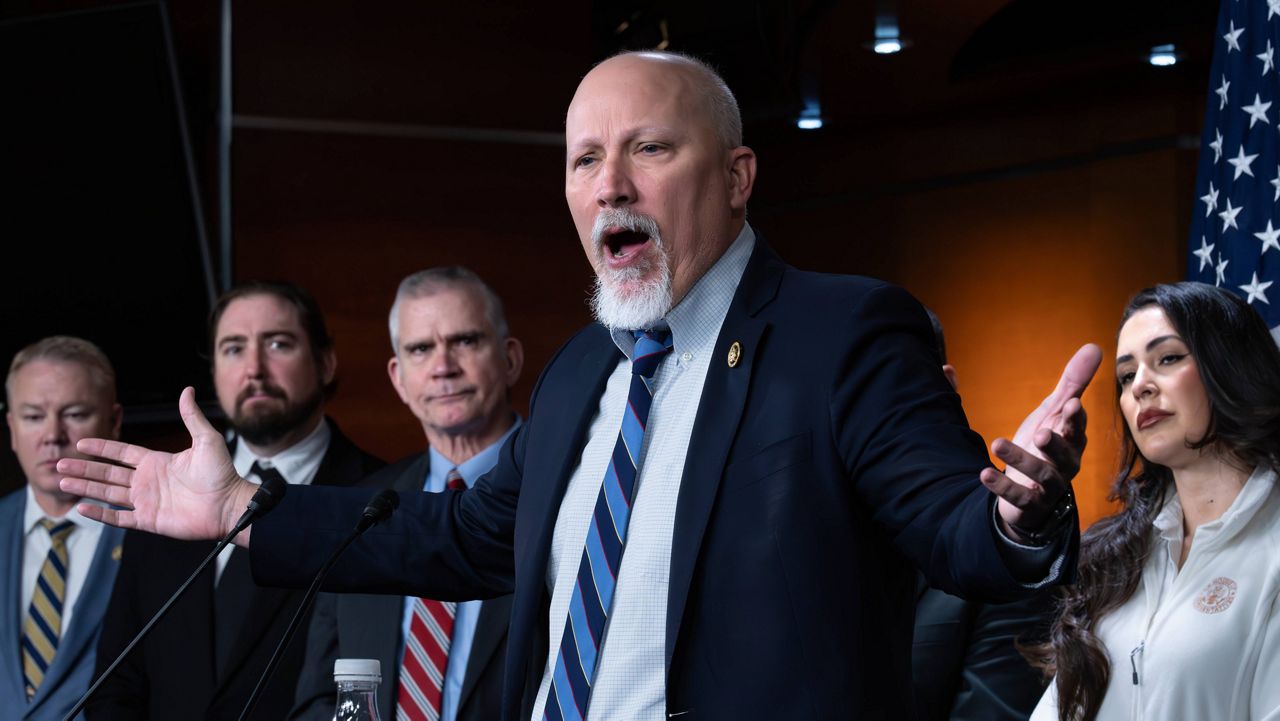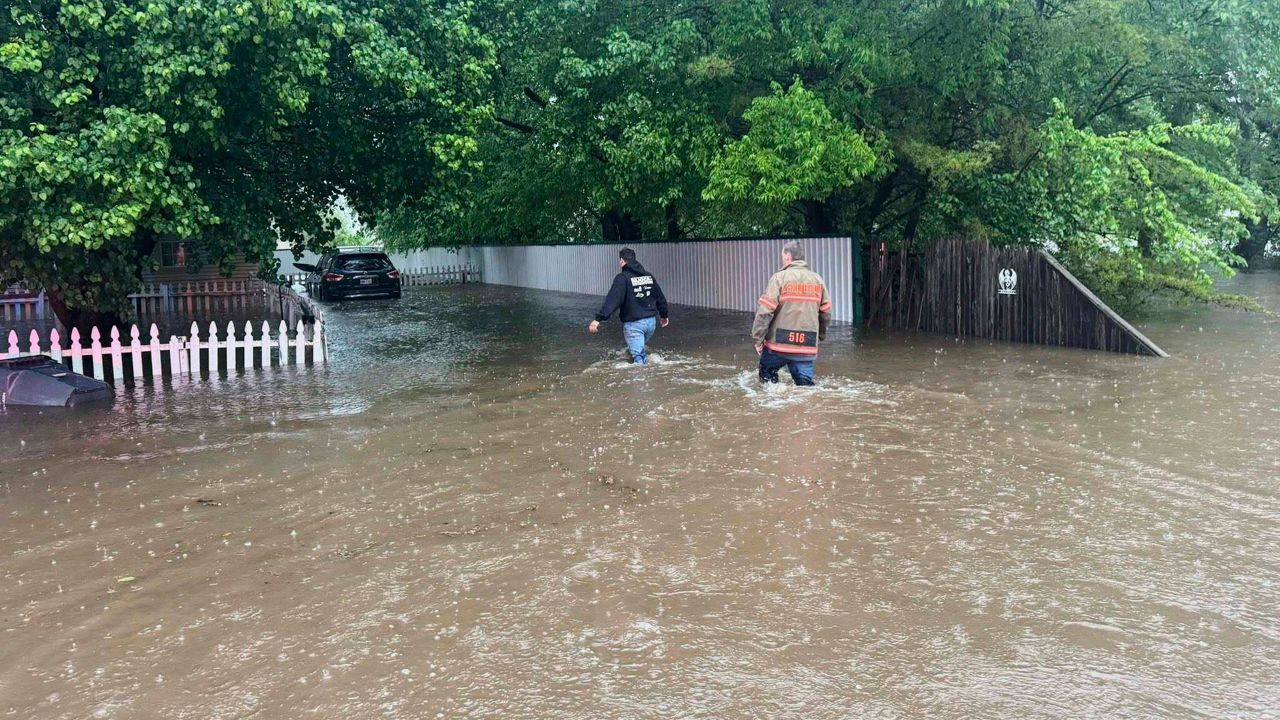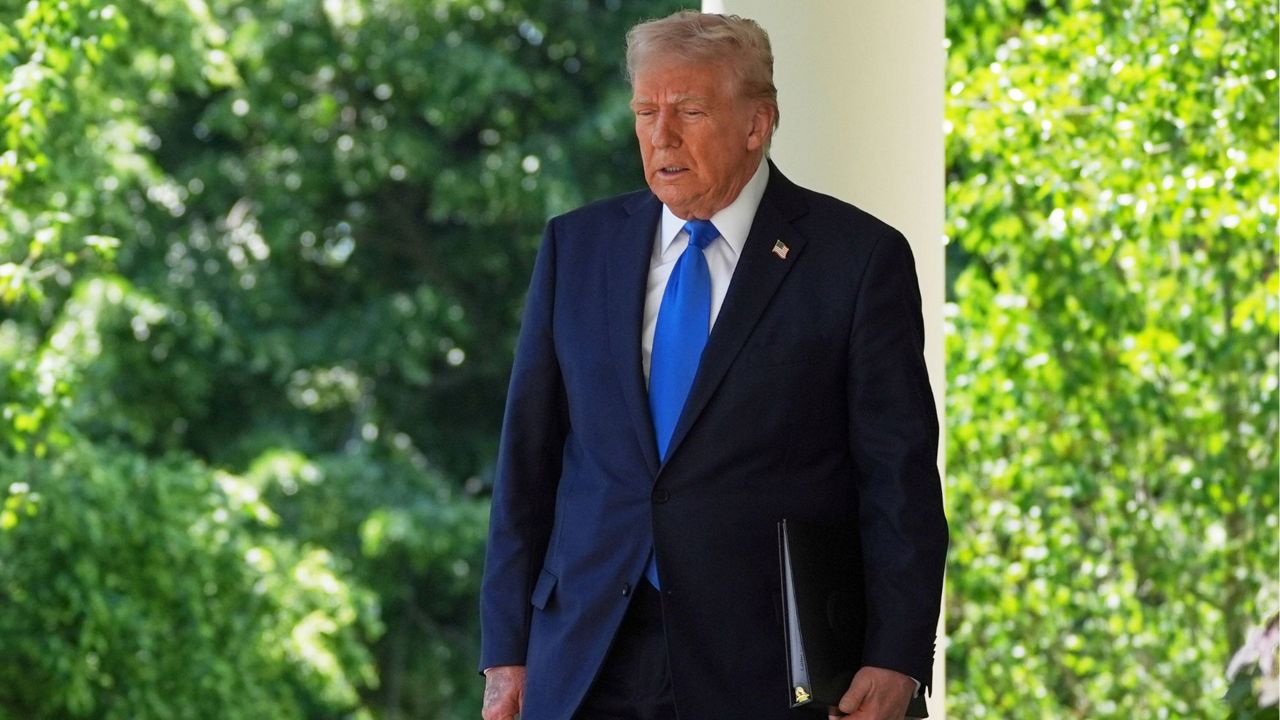The Internal Revenue Service is reminding Americans about a new reporting rule which will mandate that Americans who are paid for goods and services through apps such as PayPal, Venmo and Cash App to report their earnings, closing a tax loophole for online sellers.
Some Republican lawmakers are urging the IRS to delay implementing the new reporting rules.
But soon, the IRS will know the identities of all Americans who receive at least $600 in a calendar year for goods or services through payment networks, making it harder to avoid paying income taxes on the transactions.
Previously, the payment networks only informed the IRS if a user received payments exceeding $20,000 through more than 200 transactions in a calendar year. But Democrats in Congress reduced the threshold to $600 and to just one transaction to help fund the American Rescue Plan, President Joe Biden's $1.9 trillion COVID-19 relief bill, which they passed last year.
Several House Republican members have asked the IRS to delay the implementation of the new rules for at least one calendar year, calling it "confusing and unworkable."
They argue that the "increased reporting will further complicate the already difficult tax compliance burden that small businesses and individual filers face."
When reached out to for comment regarding the Republicans' letter, a spokesperson for the IRS told Spectrum News that the "IRS does not respond to congressional correspondence through the media."
Payments through apps like PayPal for goods and services were always taxable, but many Americans did not report such income on their tax returns. By lowering the threshold to $600 and notifying the IRS after one transaction is made, the government is making it harder to avoid paying those taxes.
With the expected new changes, the payment networks will issue 1099-K forms for everyone exceeding the new $600 payment threshold and provide copies of all those forms to the tax agency.
PayPal and Venmo allow users the distinction to choose whether a transaction is personal, such as a reimbursement or a gift from friends and family, or a payment for goods and services.
In the event a user incorrectly receives a 1099-K form, they should contact customer service.
If users have a Cash App personal account, you should not expect to receive a 1099-K form; However, if you have a "Cash for Business" account that's received $600 or more in transactions this year, you should expect to get the form.









